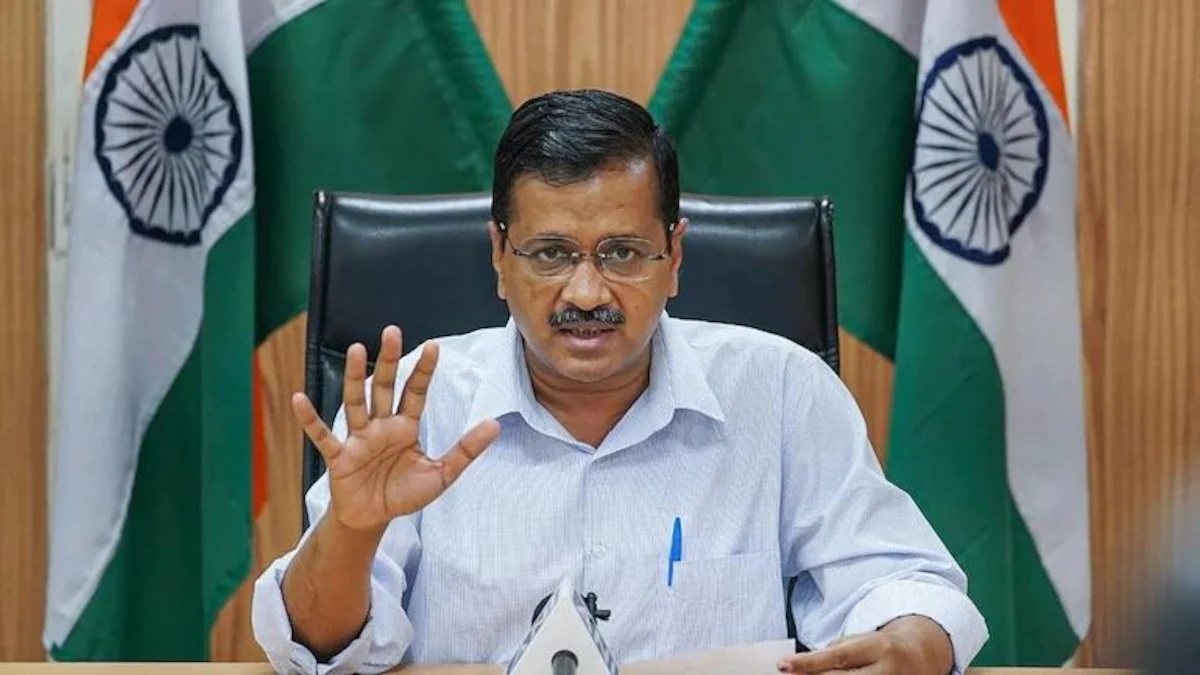Delhi has reported around 24,000 new Covid-19 cases in the last 24 hours, Chief Minister Arvind Kejriwal said.
New Delhi: Just when the Delhi government, the hospitals and the health ecosystem had thought that the national capital had reached a level of herd immunity to the Covid-19 pandemic, the massive second wave of Covid-19 has thrown the entire health ecosystem in Delhi off guard, with shortage of oxygen, medicines, hospital beds and cries of help flooding social media.
Aparna Joshi, a young student from Delhi, was crying for help to find an ICU bed for her 57-year-old relative in Delhi who has been affected by Covid-19. Through social media site Twitter on Friday, she tried to reach out to as many people as possible for finding her relative an ICU bed in the national capital. Like Aparna, another resident of Delhi, Bhavya was seen crying out for help for a Covid-19 bed in Delhi. She tweeted saying that she urgently needed a bed in a hospital as the patient’s oxygen level was decreasing and the patient’s oxygen saturation level had reached below 85. The prescribed oxygen saturation level is around 95.
Another Delhi resident was crying for help for an eight-month-old baby who was Covid positive and required a paediatric ICU bed in the national capital.
Several people also reported that they have been waiting outside hospitals with patients whose oxygen levels were decreasing, but hospitals had been denying to give them admission since they did not have a Covid-19 positive or negative report. Many have also been complaining about hospitals denying giving them any bed for Covid-19 patients despite the Delhi government’s corona app showing that adequate numbers of beds are available with the hospital.
As on Friday, the Delhi government’s corona app shows that around 4,200 Covid-19 beds are available in Delhi, while a dedicated 454 ICU beds are available in different hospitals in Delhi. Not only beds, there is even shortage in the national capital of important drugs which are used as part of therapeutic treatment for Covid-19. Drugs like Remdesivir and Favipiravir which are used for moderate to severe Covid-19 patients admitted in the hospitals, are running short and many people are reaching out to government officials and social media influencers for help in finding out these lifesaving drugs for their near and dear ones.
On Saturday, Delhi Chief Minister Arvind Kejriwal admitted that Delhi was witnessing a sharp drop in the number of beds, oxygen cylinders and important medicines like Remdesivir. He appealed to everyone to stay home.
Apart from these, testing in Delhi is also coming out to be a major problem. The Sunday Guardian spoke to multiple laboratories across the national capital and almost every one of them said that the case load for testing has gone up significantly in the last couple of weeks and that there is a waiting period of a minimum of 48 hours.
Delhi has been one of the worst hit cities in the country with the national capital recording over 10,000 cases daily since the last one week. For Delhi which was recording as low as 400 to 500 cases in the second and third week of March, the jump to 24,000 cases on Saturday is being seen as the sharpest rise in the number of positive Covid-19 cases across the country.
The national capital has witnessed an exponential rise of almost 3,500% in the total number of people testing positive since the third week of March, till this week in Delhi.
The Test Positivity Rate (TPR) for Delhi has also witnessed a sharp rise in the last 20 days. From 0.75% to 1% of TPR in March to reaching around 24% of TPR in April, Delhi has seen a 20% rise in TPR over the last 20 days. According to the current TPR, every one in four person in Delhi is Covid positive. TPR is the total number of people testing positive vis-à-vis the total number of persons being tested for Covid-19. India is also witnessing an exponential rise in the number of Covid-19 cases since the last two weeks, with the total number of daily positive cases crossing the two lakh mark for the first time r since the outbreak of the pandemic last year. Among the worst hit states are Delhi, Maharashtra, Uttar Pradesh, Gujarat, Karnataka and Tamil Nadu which are contributing to about 70% of the total daily caseload in India.

